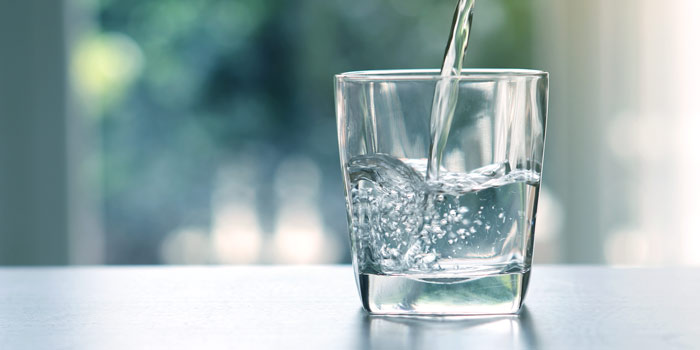Traveller’s tummy or ‘Holiday tummy’ is something lots of people experience when they go on holiday. Some people get diarrhoea and others find they become constipated or experience nausea. Now, I have blog posts that deal with all three of these issues, but wanted to make a specific post about how to deal with this while on holiday. Whether this is because of the nerves from the flight, new food or water, we can’t be sure. Whatever the cause of your holiday tummy, there are some steps you can take to make sure you’re prepared for every scenario and can kick back and enjoy yourself.

Symptoms of ‘Traveller’s tummy’ can include:
- stomach ache
- abdominal cramps
- diarrhoea or loose stool
- constipation
- nausea
- heartburn/acid reflux
However, if any of these symptoms are severe or do not improve at all within a couple of days, you should seek professional medical advice. You may be able to ask a pharmacist, or speak with a doctor or visit a clinic or hospital if necessary. Remember to take your travel insurance documents and your ID with you when visiting health centres. This will avoid large medical bills.
Drink lots of bottled water
Yes it is more costly and can contribute to plastic waste, but it is definitely the safest bet for something with a sensitive stomach. I opt for bottled water even in regions where I’m assured the tap water is safe to drink. Even just a slight change in mineral content or fluoridation can upset a sensitive stomach and have you heading for the toilet more frequently than you would like. Just be sure to recycle your plastic bottles when you’re done!
Avoiding the local water can be difficult, remember that fruits and salads may be washed in tap water and that the ice cubes used in your drinks may be made from tap water. You can easily ask for drinks with no ice, or if the ice comes from bottled water. You may even wish to use bottled water, to brush your teeth!
Eat sensibly
While I’m sure there are lots of delicious foods to try on your holiday, being cautious while you are experiencing any diarrhoea or stomach problems is a good idea. You can stick to plain foods such as white bread or white rice. Avoid spices and heavily-flavoured foods while your stomach is still unsettled.
After a day or two, your stomach is likely to be a little better and you can be a little more adventurous when sampling the local culinary delights.
Anti-Diarrhoea medication
Anti-diarrhoea medication is very useful to take on holiday with you, but beware, it isn’t recommended for everyone. Those with a stomach bug, food poisoning and diverticular disease/diverticulosis should not take anti-diarrhoea medication unless instructed to by a medical professional. If you’re not sure whether you should be taking it, speak to your doctor or pharmacist before your trip.
Stool softeners
Should you get constipated and find it difficult to eliminate stool, you should try a stool softener. These are often taken in the evening so that they work overnight, meaning by the morning, you are able to have a bowel movement. Common stool softeners include lactulose, milk of magnesia and ;axatives such as Dulcolax or Senna.
However, if you don’t fancy trying medication, up your water and fibre (US: fiber) intake and try get some gentle exercise to get the bowel moving again. You can also eat prunes, figs, Weetabix, licorice and drink prune juice or black coffee. You can also read my post about constipation if you need more information.
Rehydration sachets
As I mentioned in my post about diarrhoea, re-hydration sachets can be extremely helpful when recovering from diarrhoea and re-hydrating your body. During this time, you should definitely avoid alcohol since that can cause further dehydration. This is especially important when visiting a destination with a hotter climate and swimming in the sea.
Have you experienced traveller’s tummy before? How did you deal with it?








